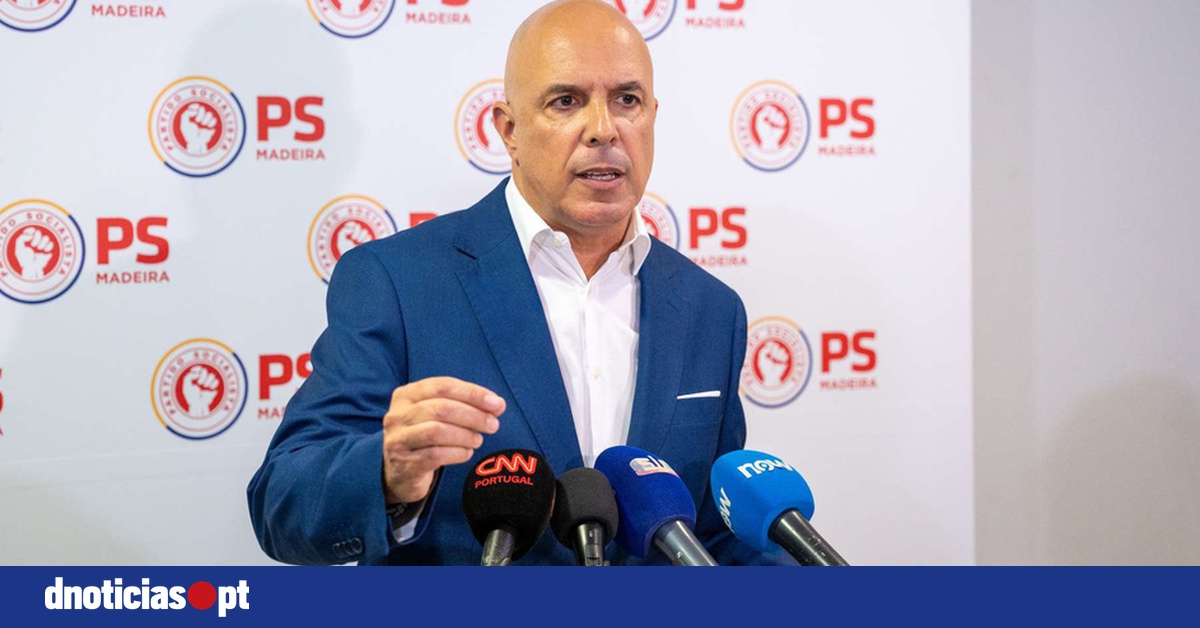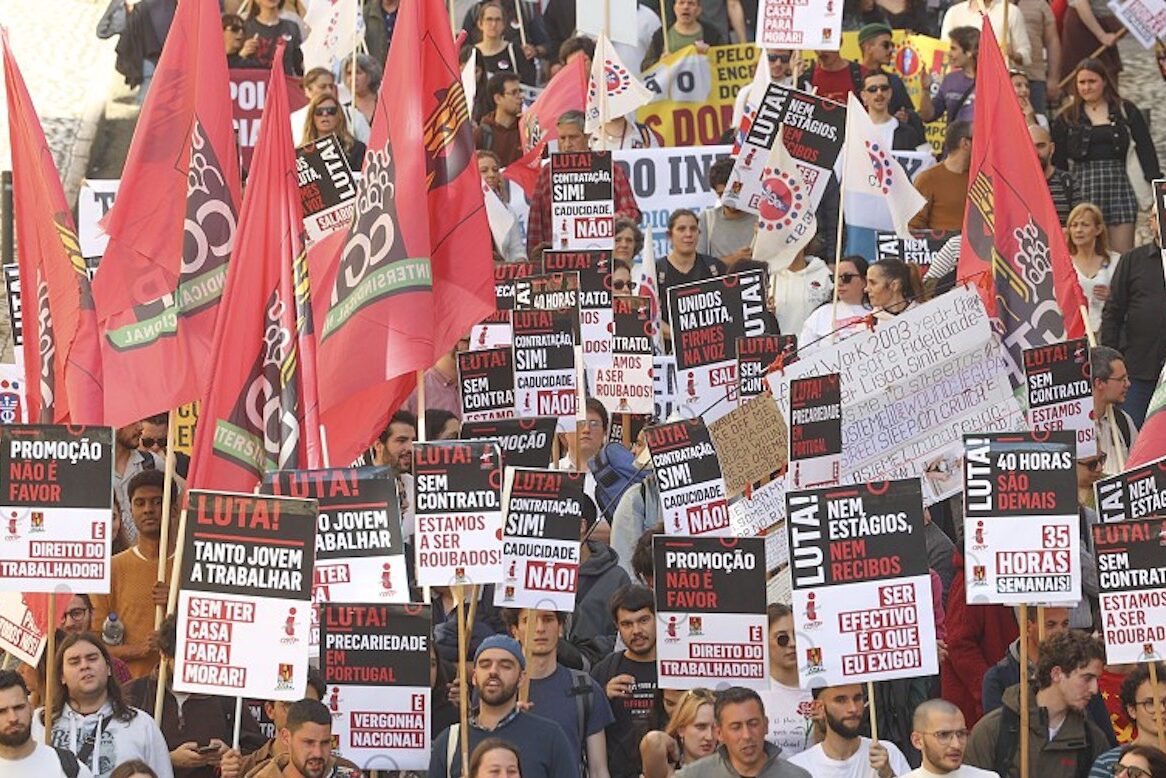Summary:
Pedro Nuno Santos criticizes the contract of ANA, claiming it hinders Lisbon's airport capacity.
He believes the new airport project would have progressed faster if ANA remained public.
The current government is negotiating with ANA for the Luís de Camões airport, facing unacceptable demands.
Santos argues the privatization has stripped the state of strategic autonomy in aviation.
Responses to Parliament were submitted after its dissolution, complicating the distribution of information.
Pedro Nuno Santos' Critique of Airport Concession
Pedro Nuno Santos, the leader of the PS party, has reiterated his criticism of the concession contract for ANA - Aeroportos de Portugal, which was a result of the privatization negotiated by the Passos Coelho government. In responses sent to a dissolved Parliament, he argues that the sale of ANA has significantly hindered the expansion of Lisbon's airport capacity. He claims that the current government has acknowledged this by contemplating the possibility of rescinding the contract.
In his responses to the Parliamentary Committee on Public Works, which the Observador accessed, Santos expressed his belief that the construction of a new airport in Lisbon would have been resolved more swiftly if ANA remained a state-owned entity. He cites comments made by Infrastructure Minister Miguel Pinto Luz regarding the potential to rescue the concession if necessary, using this as a basis for his arguments against the privatization deal made a decade ago.
Serious Constraints of the Current Contract
Santos questions the rationale behind the government's willingness to rescue the concession if the contract did not impose serious constraints on the state. He highlights that terminating the contract with ANA, which was acquired by Vinci in 2013, would cost the Portuguese state several billion euros. This situation raises concerns about the strategic autonomy of the Portuguese state in developing crucial infrastructure.
The government is currently in negotiations with ANA regarding the development of the new Luís de Camões airport in Alcochete, with ANA proposing an extension of the concession by an additional 30 years. However, the state has deemed some of ANA's demands unacceptable, leading to discussions about the potential termination of the concession.
Ongoing Criticism of Privatization
Santos has consistently criticized the privatization process, asserting that the justification for selling ANA has proven to be insufficient. He notes that the sale brought in €3.08 billion in 2013, which only reduced public debt by less than 2 percentage points, a modest figure compared to the 17 percentage points increase in public debt from 2011 to 2015. He argues that this transaction has stripped the Portuguese state of strategic autonomy in the aviation sector, crucial for a country with limited borders.
Moreover, he reflects on the loss of revenue that the state will incur due to the 50-year concession of national airports, which the current minister admits could be a profitable deal for the concessionaire.
Responses Amid Parliamentary Dissolution
Santos' responses were submitted to a Parliament that had already been dissolved, leading to procedural complications regarding their distribution among deputies. He maintains his criticism of the privatization and the management of the process by the previous government, emphasizing that the reasoning behind the sale has become obsolete.
In summary, Pedro Nuno Santos’ statements highlight the ongoing debate around the privatization of ANA, the constraints it imposes on state decisions, and the implications for the future of Lisbon's airport infrastructure.










Comments
Join Our Community
Create an account to share your thoughts, engage with others, and be part of our growing community.